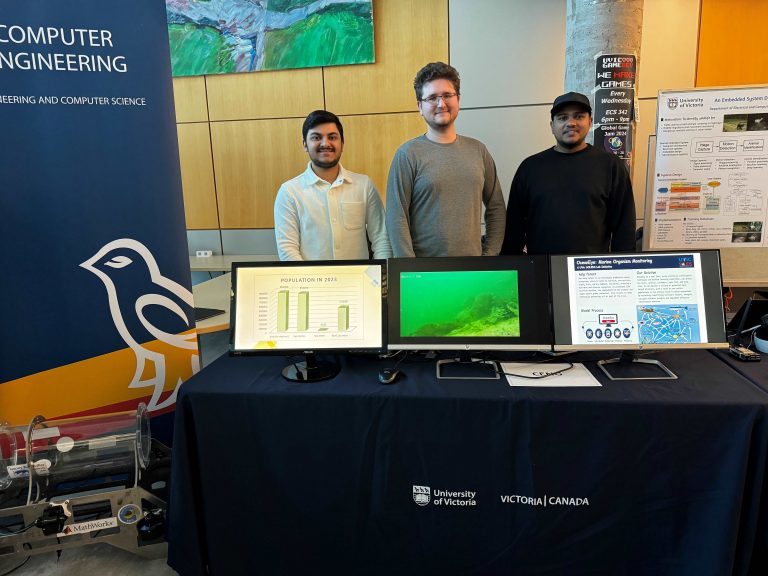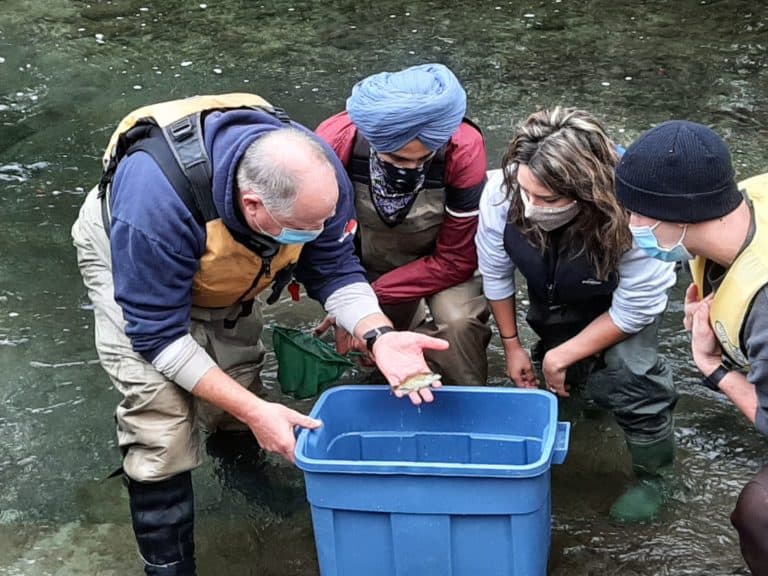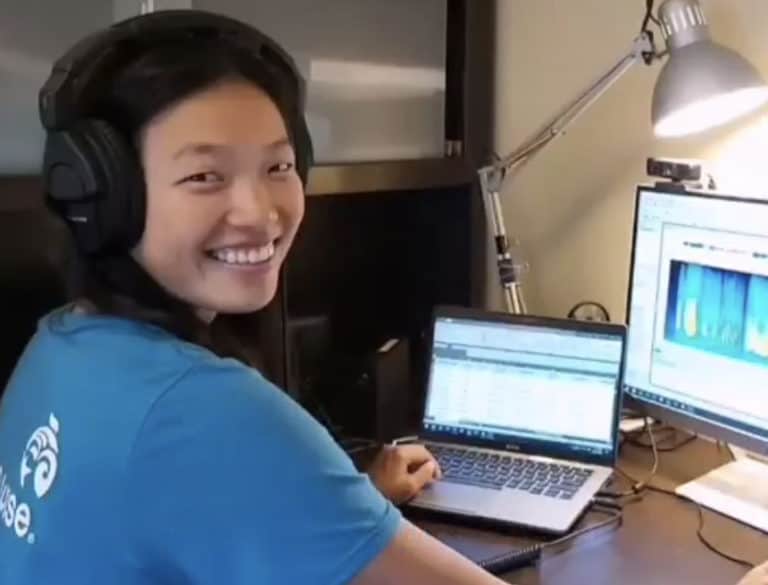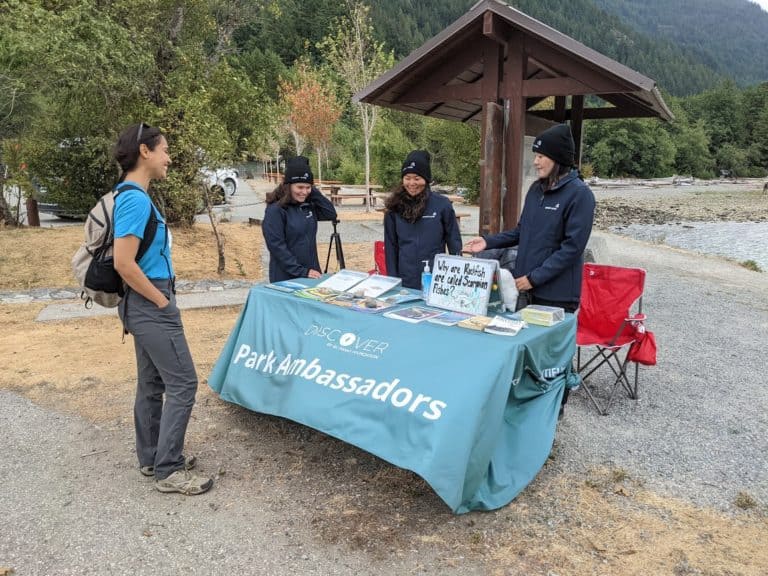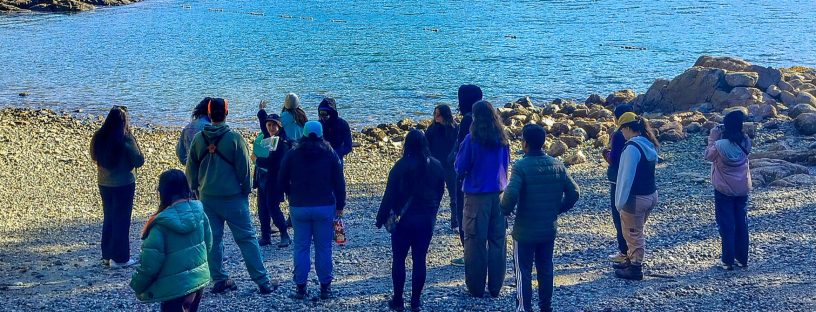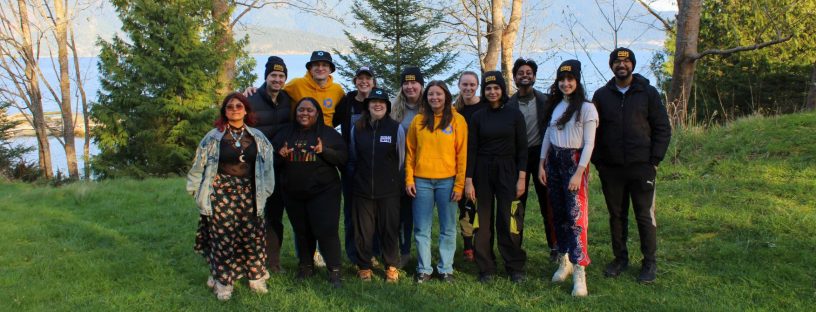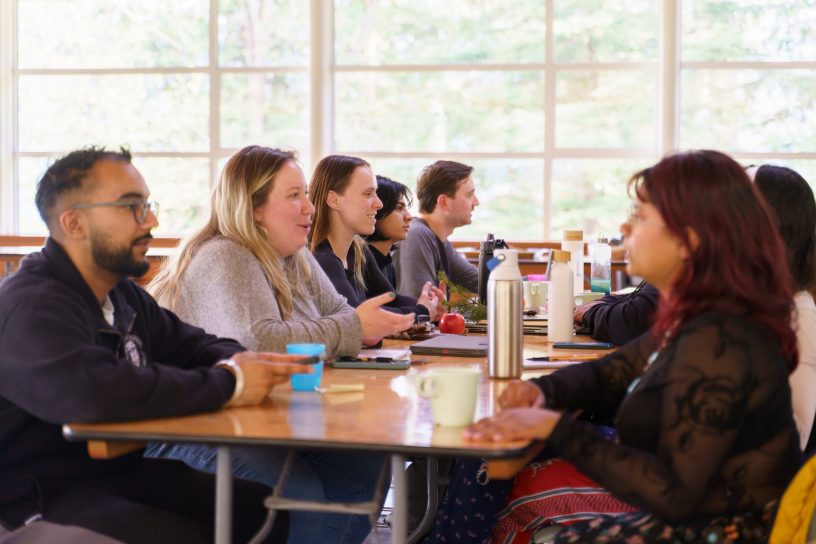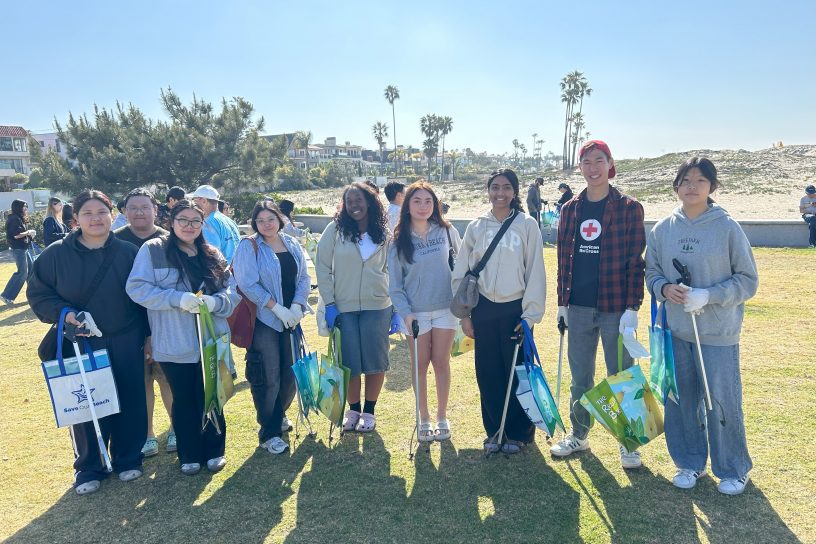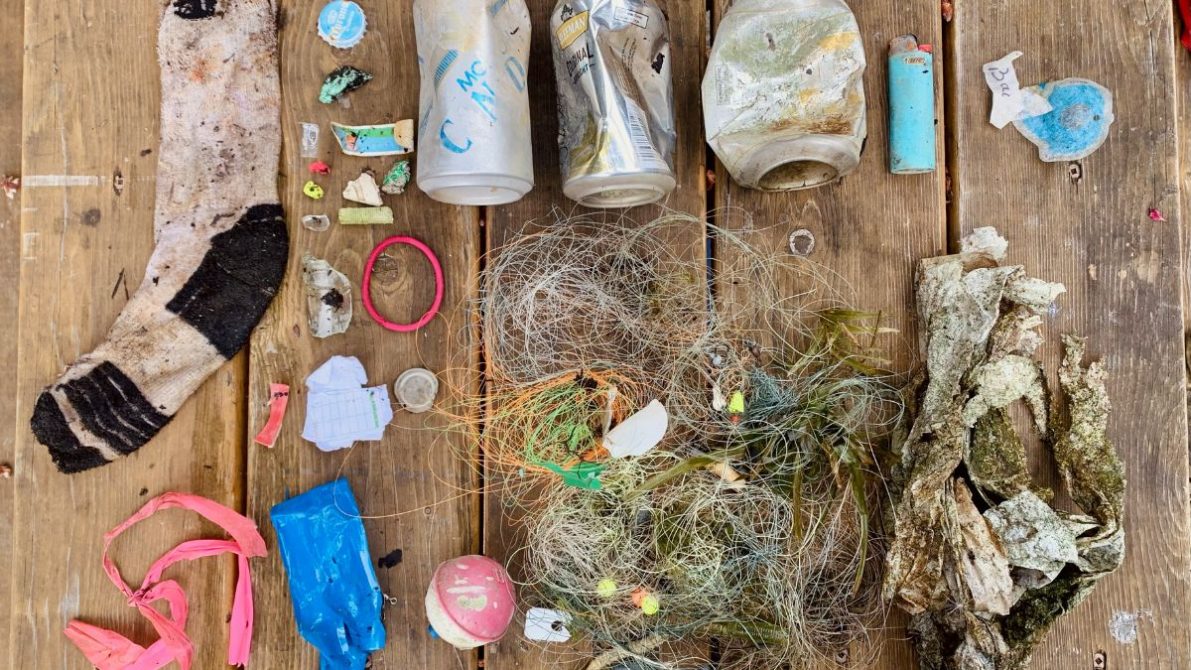
Microplastics to Ghost Gear: How Youth are Innovating Ocean Conservation
Every year over 11 million tonnes of plastic end up in our ocean, where it never truly biodegrades. Waste can range from items like water bottles, fishing nets, and cigarette butts, to micro and even nanoplastics that can only be seen under a microscope.
This long-lasting plastic problem causes big issues for the health of marine ecosystems, animals, and even humans.
Youth grantees in the Ocean Wise Eco-Action Accelerator Program—a program that supports youth to scale environmental service projects—are tackling this crisis head on with creative solutions. With projects ranging from stop-motion animation to underwater shoreline cleanups, read on to learn how four young conservationists are making a lasting impact!
Life of a Pellet
Created by: Zoe Ungku Fa’iz
As a current master’s student at the University of Toronto studying microplastics, the plastic pollution problem is an issue Zoe is passionate about!
Through the Eco-Action Accelerator Program, Zoe is creating a stop-motion film called Life of a Pellet. This film aims to raise awareness of the problem plastic plays on our planet. In a creative twist, it will be animated entirely with small plastic pellets, called nurdles, that were collected in storm drain traps in Toronto. These traps stop microplastics from reaching Toronto water streams and make it easy for the pellets to be collected and repurposed. Life of a Pellet will take viewers on a journey exploring how these small plastic pellets, just two to five millimetres in size, enter our environment in the first place, along with potential solutions to microplastic pollution.
Zoe’s film will be distributed to the Toronto District School Board, shared on social media, and potentially submitted for environmental short film festivals.
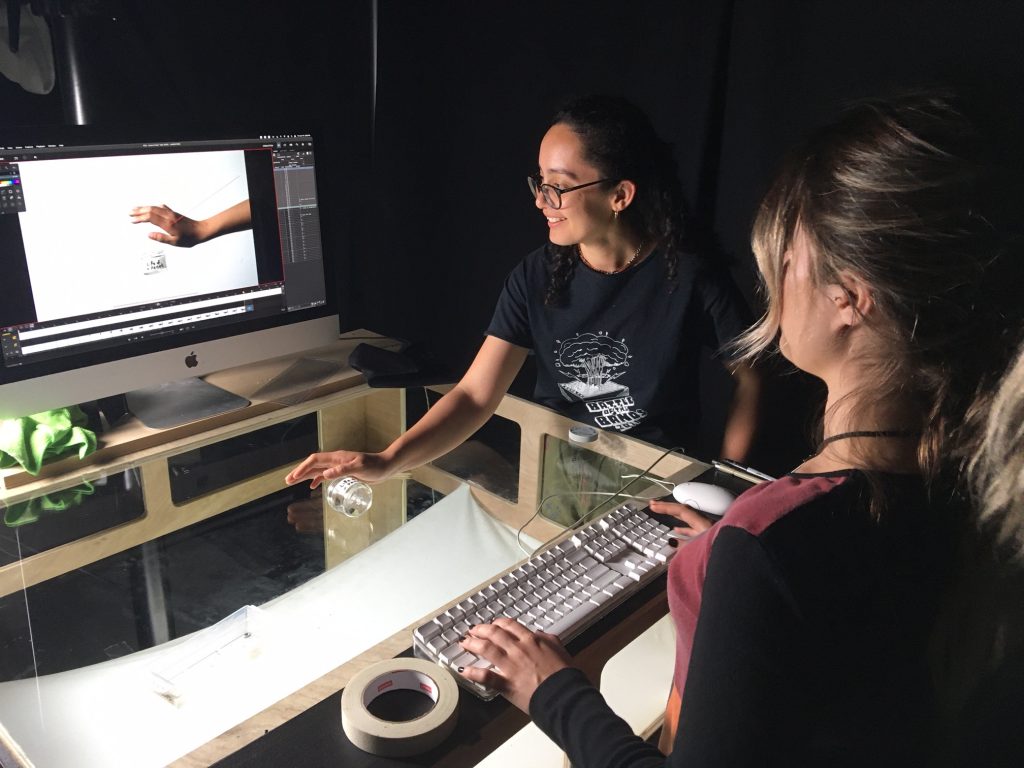
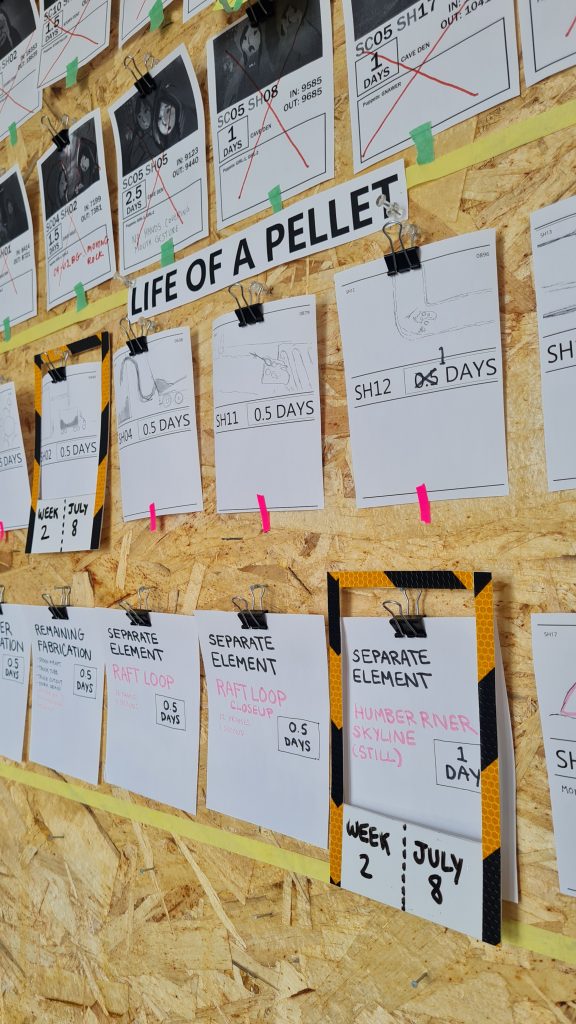
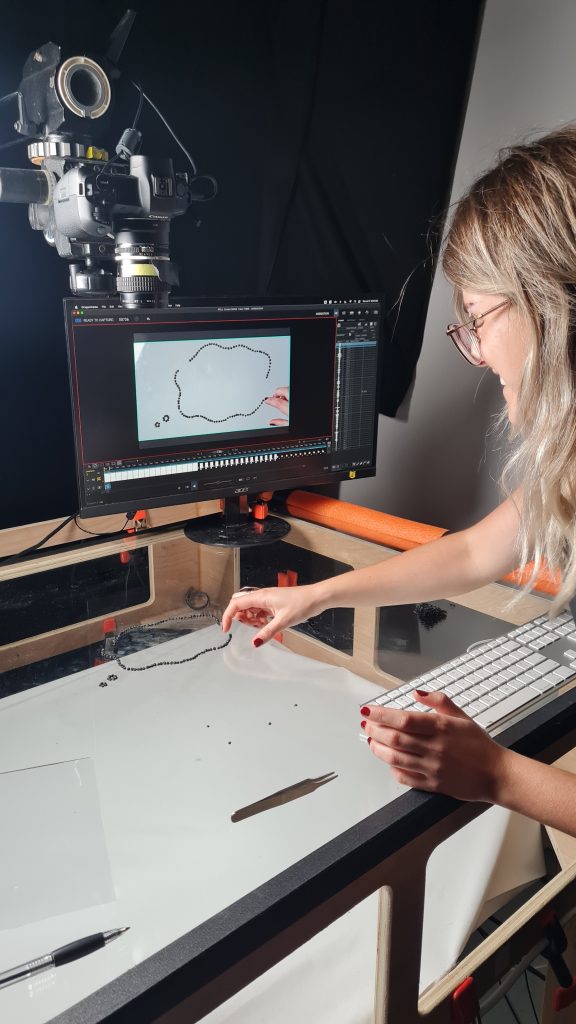
Ocean AID
Created by: Andrew Polanyi
Andrew’s Victoria-based nonprofit, Ocean AID, is harnessing technology to address ghost gear in the ocean. Ghost gear, which includes abandoned fishing nets, traps, ropes, and derelict vessels, poses a significant threat to ocean ecosystems.
Andrew and his team are leveraging sonar and AI to develop an Automatic Target Recognition system. This system enables real-time detection of underwater objects, allowing them to locate and remove ghost gear more effectively.
As part of the Eco-Action Accelerator program, Ocean AID’s mission is to mitigate the impact of marine debris by retrieving and recycling ghost fishing gear. These efforts will go a long way in protecting marine life and preserving ocean health.
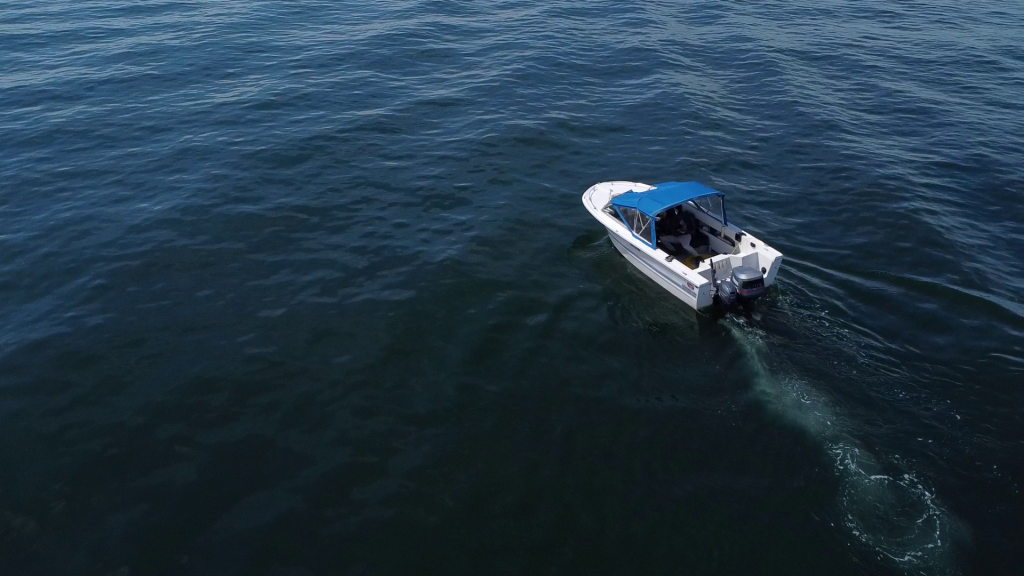
Rising Tides Cleanup
Created by: Gabrielle Smith
Who said keeping our ocean clean can’t be a ton of fun? Gabrielle’s Eco-Action Accelerator project, Rising Tides Cleanup, brings people together for snorkeling expeditions along the Vancouver Island coast to carry out underwater cleanups.
So far, Gabrielle has successfully removed over 65 pounds of trash from our ocean! By combining community engagement with environmental action, Gabrielle’s project not only helps clean up marine debris but also fosters a sense of collective responsibility and stewardship for our ocean.
Her initiative demonstrates that environmental conservation can be an enjoyable and rewarding experience.
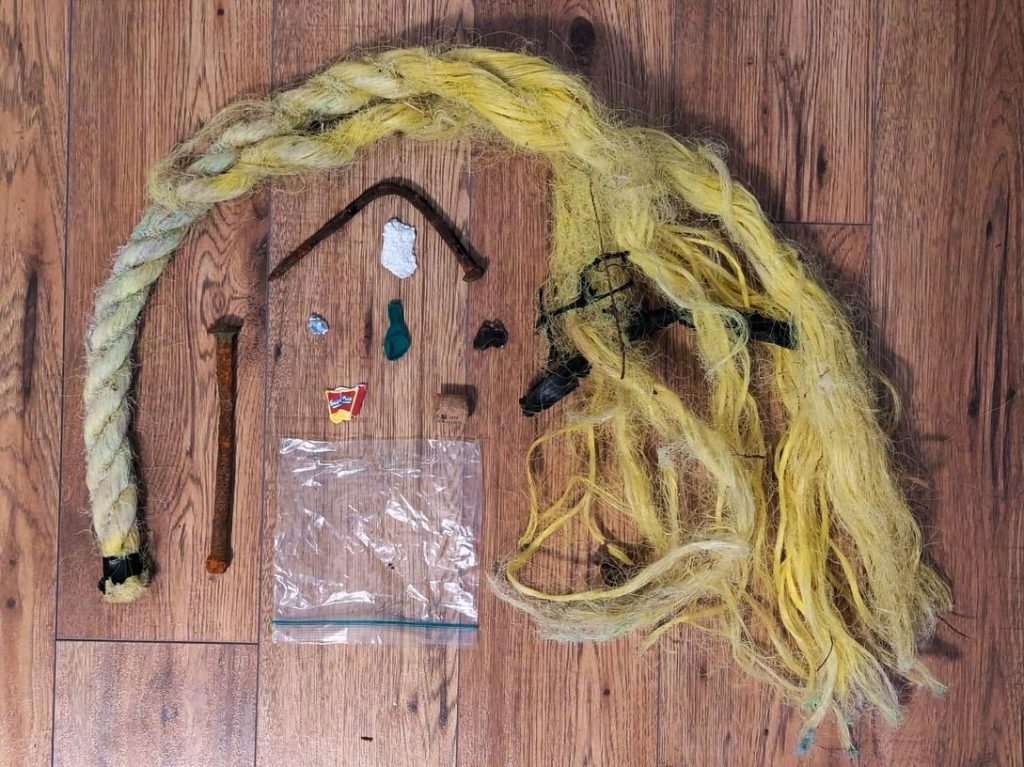
Eco Supply
Created by: Matthew Svensson
The goal of Eco Supply is to accelerate the reduction in societal dependence on single-use plastics while stimulating environmental and green market growth. This will be achieved through an online platform that streamlines public access to locally sourced, zero-waste-themed goods and services via an interactive map.
The intended outcome is reduced plastic pollution, boosted income for local business owners, and reduced energy spent on shipping goods. By hosting an environmentally friendly inventory of local businesses on an accessible interactive map, this project enables quick and effective searches for locally sourced zero-waste products.
Posted August 14, 2024 by Kim Bricker
